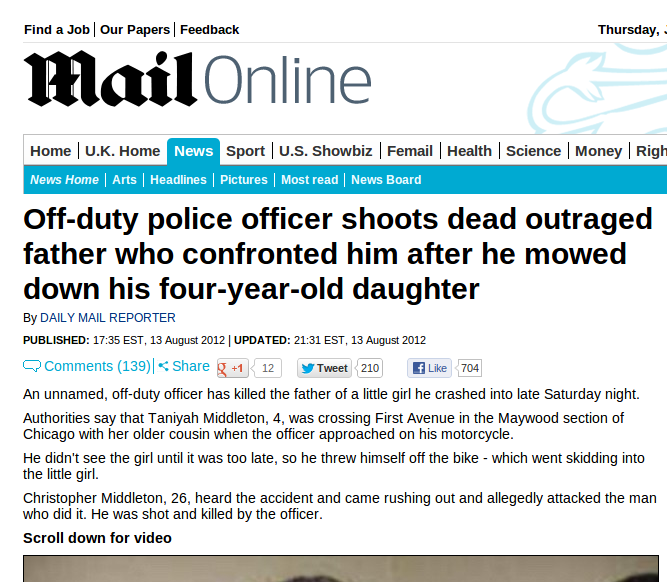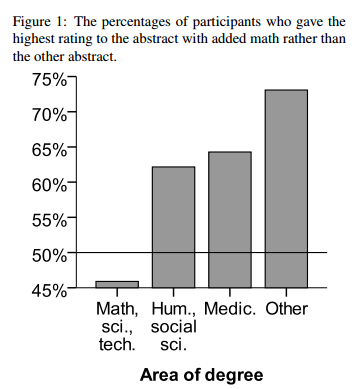New NPR blog: Code Switch
NPR has launched an engaging new blog called Code Switch. From the inaugural post, "How Code-Switching Explains The World," by Gene Demby:
You're looking at the launch of a new team covering race, ethnicity and culture at NPR. We decided to call this team Code Switch because much of what we'll be exploring are the different spaces we each inhabit and the tensions of trying to navigate between them. In one sense, code-switching is about dialogue that spans cultures. It evokes the conversation we want to have here.
Linguists would probably quibble with our definition. (The term arose in linguistics specifically to refer to mixing languages and speech patterns in conversation.) But we're looking at code-switching a little more broadly: many of us subtly, reflexively change the way we express ourselves all the time. We're hop-scotching between different cultural and linguistic spaces and different parts of our own identities — sometimes within a single interaction.
When you're attuned to the phenomenon of code-switching, you start to see it everywhere, and you begin to see the way race, ethnicity and culture plays out all over the place.
Read the rest of this entry »



